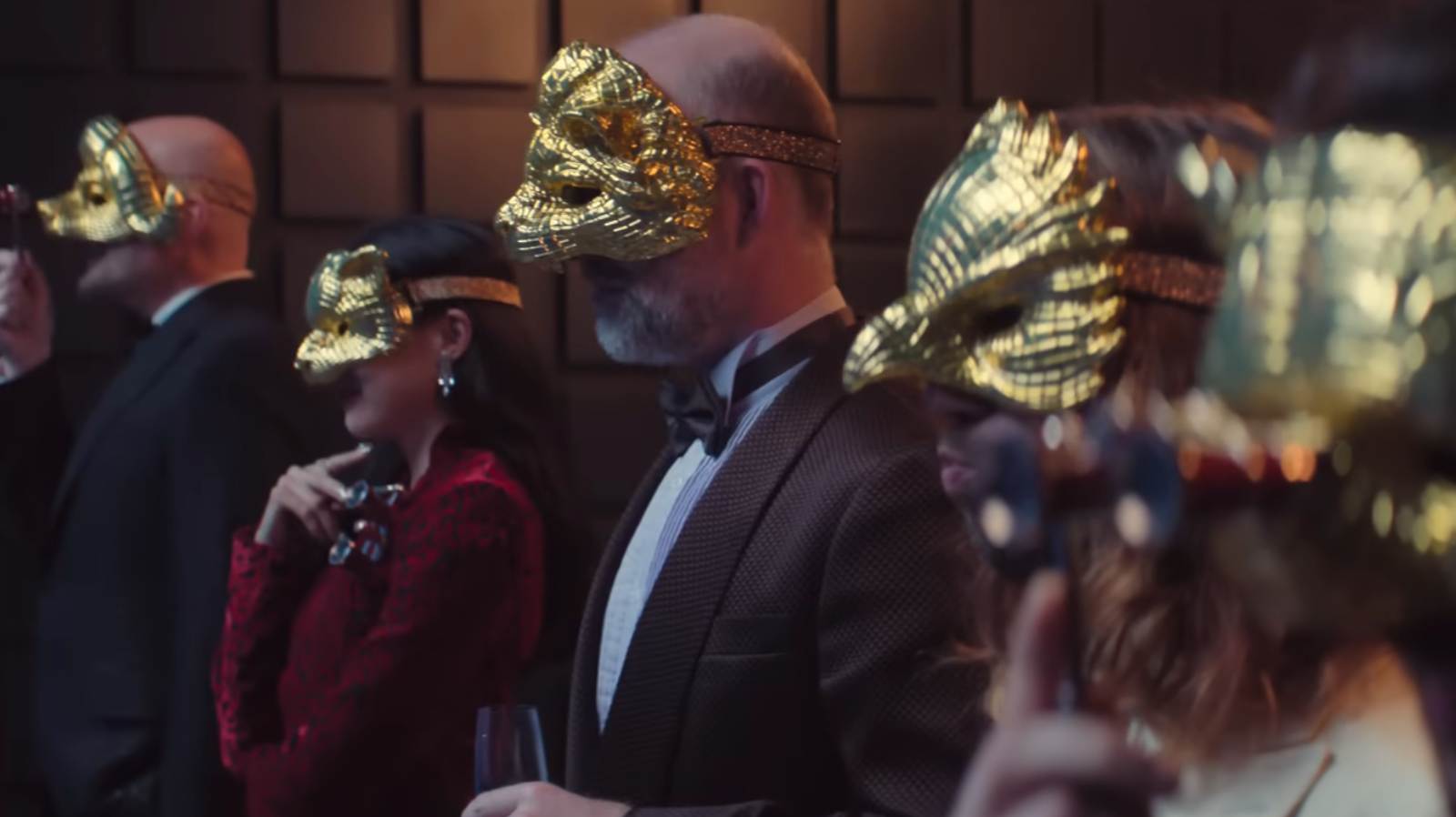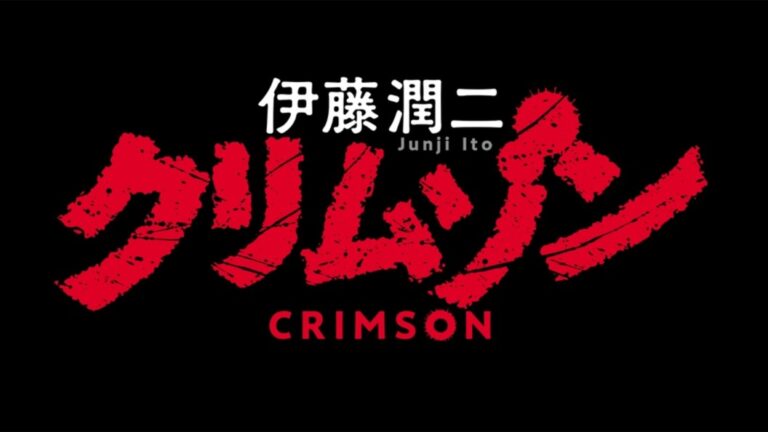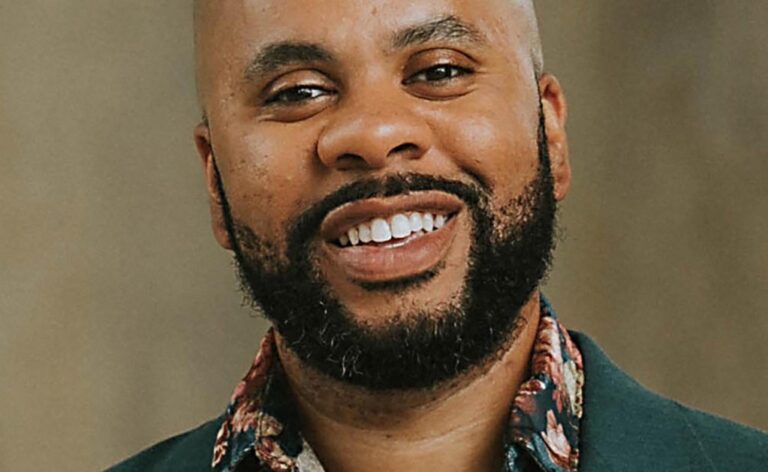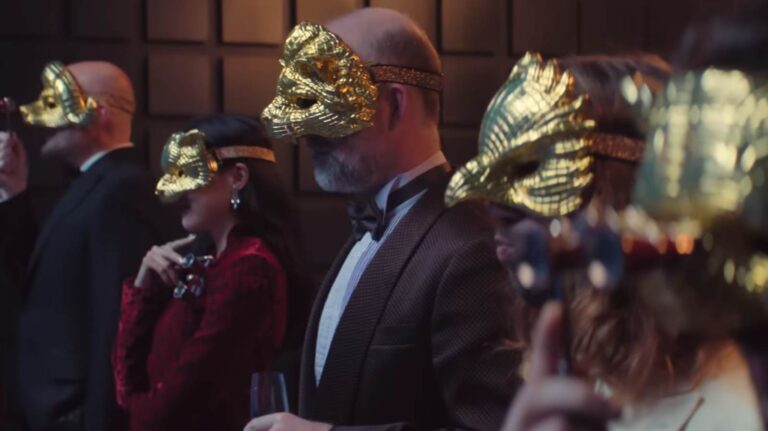The final season of Squid Game, despite its dramatic conclusion, faced criticism from fans over the dubbing of English-speaking cast members. The portrayal of the VIPs, who are central to the show’s climactic episodes, was particularly contentious. Fans were quick to point out the awkward dialogue and questionable performances, which risked overshadowing the series’ gripping narrative.
In a surprising revelation, Bryan Bucco, one of the actors portraying a VIP, disclosed that the voice heard in the series was not his own. “Those are the English dubs,” Bucco explained in a TikTok video responding to criticism of the show’s upper-class characters. “I was the actual actor. What’s being played here isn’t my voice.”
Behind the Scenes: The Dubbing Decision
Bucco’s admission sheds light on a decision that has puzzled both fans and cast members. The choice to dub over his lines, despite his own performance, has raised questions about the production’s approach to authenticity and audience engagement. Bucco emphasized that he bore no ill will towards the voice actor who replaced him, acknowledging the challenges of delivering lines in such a high-stakes series.
“It seems they did use voice actors to try and sound like us. I don’t even want to criticize my voice actor because I think he did fine,” Bucco noted. “I’m sure it wasn’t easy for him to say his lines either.”
Interestingly, Bucco pointed out that some versions of the show do feature his original voice, suggesting an inconsistency in the dubbing process. “I’ve seen different clips floating around where some have my voice, and others that are clearly not me,” he remarked.
Context and Historical Parallels
This is not the first time a popular series has faced backlash over dubbing choices. Historically, international shows have struggled with maintaining the integrity of original performances while making content accessible to a broader audience. The challenge lies in balancing authenticity with clarity, especially in a global hit like Squid Game, which has captivated viewers worldwide.
According to industry experts, dubbing can often lead to a disconnect between the actor’s physical performance and the voice, impacting the overall viewing experience. “Dubbing is an art form in itself, but it requires a seamless blend of voice and action to truly resonate with audiences,” says Dr. Emily Tan, a media studies professor specializing in international television.
Implications for Future Productions
The controversy surrounding the dubbing of Squid Game highlights the ongoing debate over how to best present non-native language content to English-speaking audiences. As streaming platforms continue to expand their global reach, the pressure to deliver high-quality, authentic performances grows.
For Bucco, the experience has been both enlightening and frustrating. While he remains hopeful for future opportunities, he acknowledges the complexities involved in international productions. “At the end of the day, if it sounds dubbed, that’s because it probably is,” he concluded, leaving the door open for a potential return of his character, perhaps with his own voice intact.
As the entertainment industry evolves, the lessons learned from Squid Game could influence how future series approach dubbing and localization. Meanwhile, fans eagerly await the next chapter in the show’s saga, curious to see how these challenges will be addressed in upcoming seasons.

























